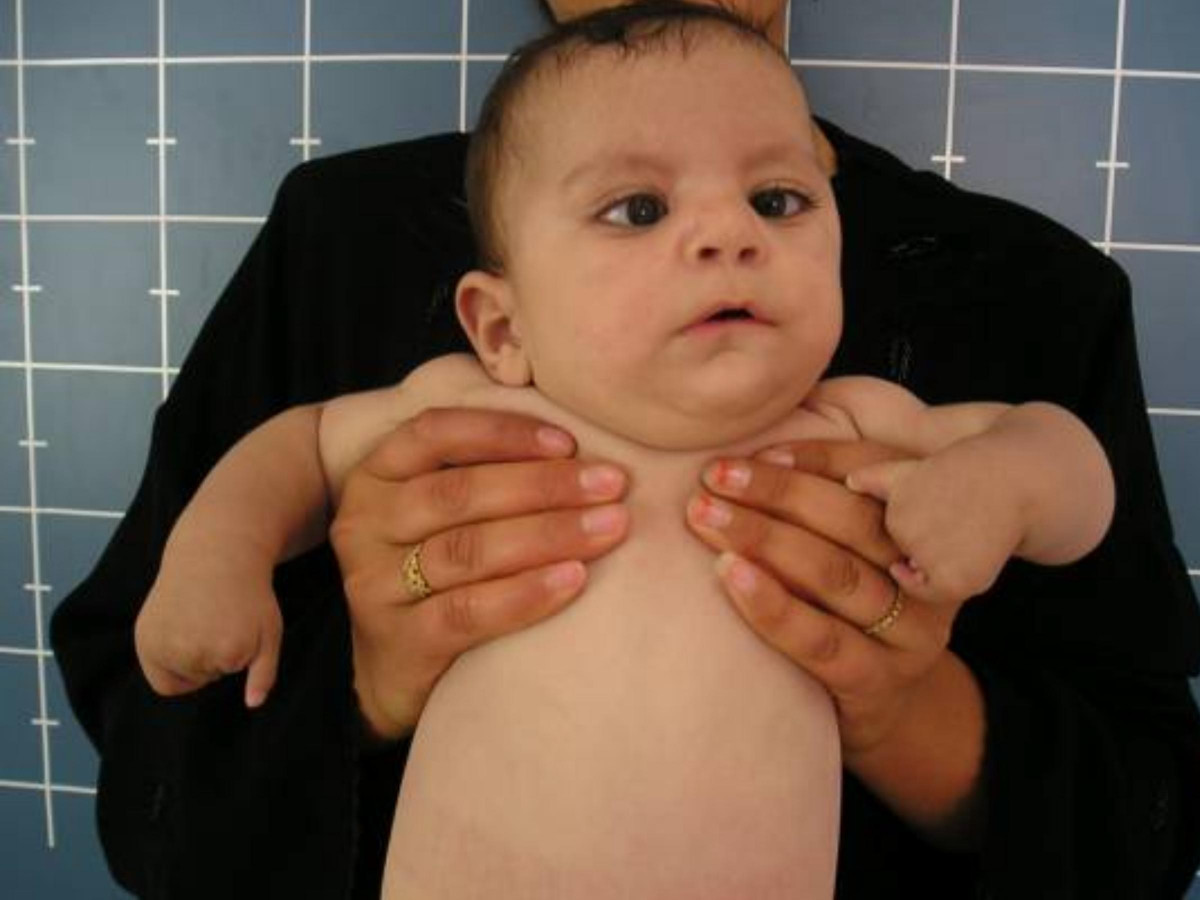Moebius Syndrome

Moebius syndrome is a rare neurological condition that primarily affects the muscles that control facial expression and eye movement. Signs and symptoms of the condition may include weakness or paralysis of the facial muscles; feeding, swallowing, and choking problems; excessive drooling; crossed eyes; lack of facial expression; eye sensitivity; high or cleft palate; hearing problems; dental abnormalities; bone abnormalities in the hands and feet; and/or speech difficulties. Affected children often experience delayed development of motor skills (such as crawling and walking), although most eventually acquire these skills. Moebius syndrome is caused by the absence or underdevelopment of the 6th and 7th cranial nerves, which control eye movement and facial expression. Other cranial nerves may also be affected. There is no cure for Moebius syndrome, but proper care and treatment give many individuals a normal life expectancy.